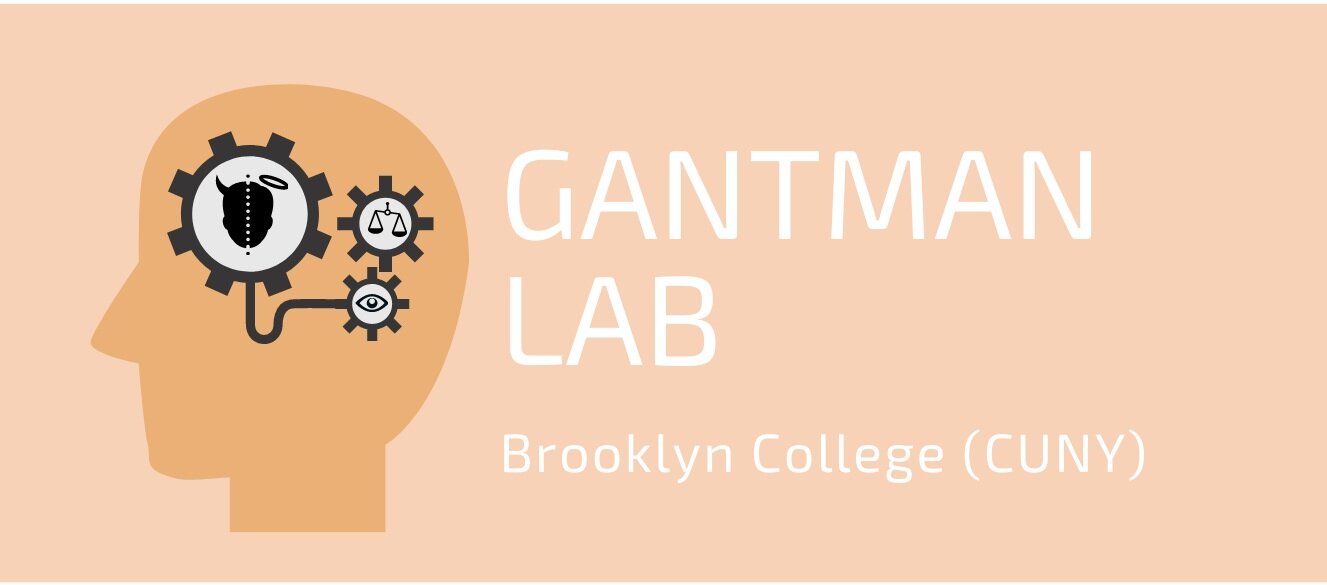Lewis, K. (Aug. 2, 2024). Numbers in the system, National Affairs.
Gantman, A. P., & Wylie, J. What is it about film and TV antiheroes that's so captivating? Psyche.
Gantman, A. P., & Paluck, E. L. (2023). The details of the situation shape whether a sexual assault will occur. Psyche.
Wylie, J. & Gantman, A. P. (2022). “Changing perceptions about harm can temper moral outrage. Scientific American.
Opinion Science Podcast “Moralizing and Attention with Ana Gantman”
Gantman, A. P., Brady, W. J., Van Bavel, J. J. (2019). Why moral emotions go viral online. Scientific American.
Marginalia Science: Breaking Barriers and Creating Inclusiveness. SPSP Member Newsletter. April 2019.
Weingarten, E. (2018). A fresh approach to understanding sexual assault: A conservation with Betsy Levy Paluck. Behavioral Scientist.
Hirschfield, S. W. (2018). Eating clubs make guests recite "consent pledges," psychologists measure effectiveness. The Daily Princetonian.
Devitt, J. (2016). Ambition turns ruthless when we're told we will fail. Futurity.org.
Chin, G. (2014). Our moral vocabulary. Science, 344, 559.
Gantman, A. P. & Van Bavel, J. J. (2014, April 4). Is that Jesus in Your Toast? The New York Times, p. SR12.
Waxman, O. B. (2014, May 7). It’s Perfectly Normal to See Jesus in Your Toast, Study Says. Time.com.
Cills, H. (2014, April 5). People see Jesus in Grilled Cheese Because They Want Justice. Gawker.com
